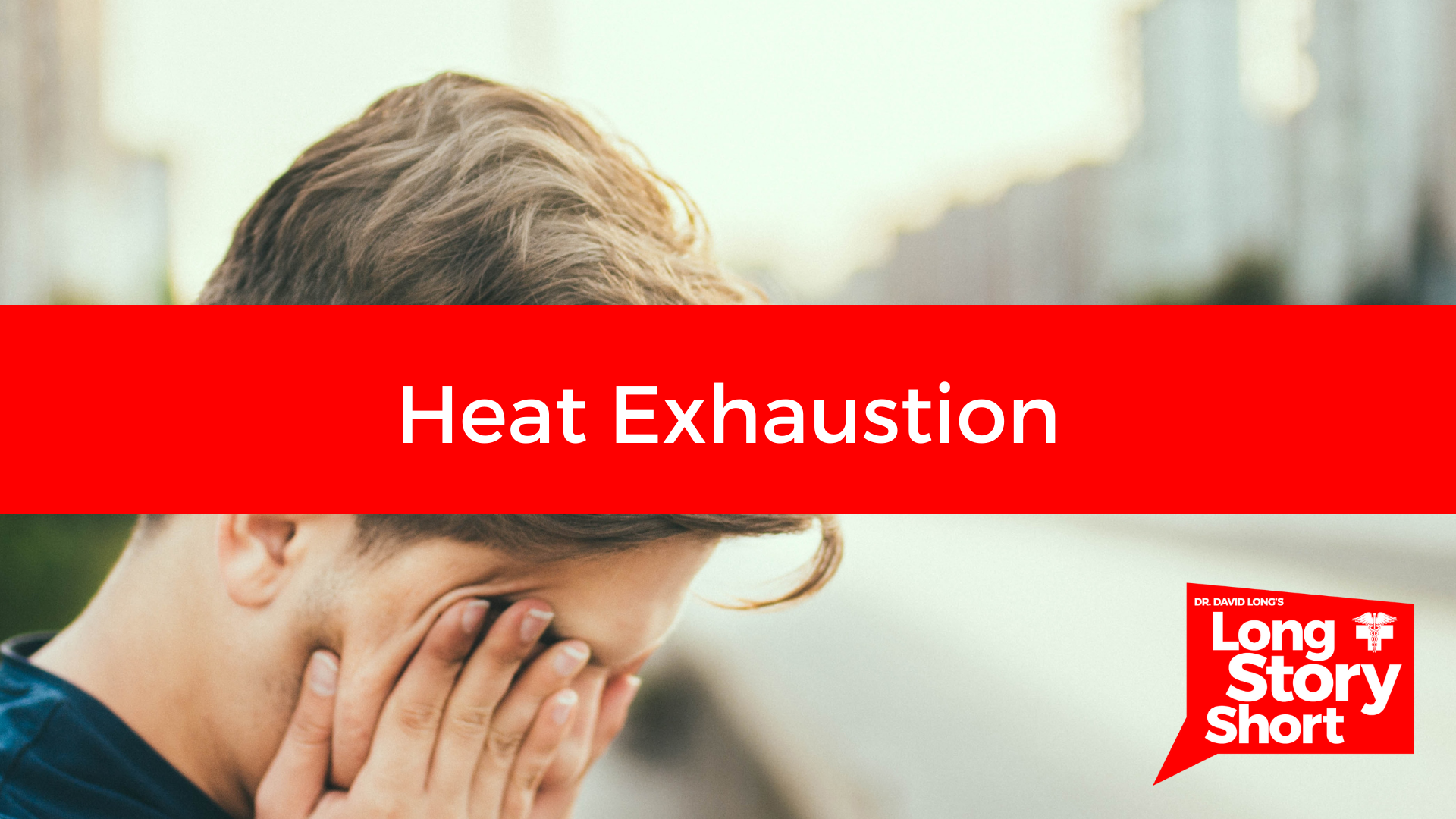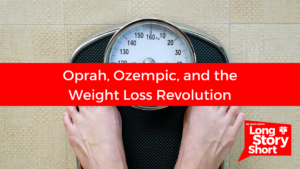Heat Exhaustion Summary
- Dr. David Long explains the signs of heat exhaustion, which include muscle cramping, excessive sweating, headache, nausea and vomiting.
- Heat exhaustion is caused by a body’s inability to cool itself due to overexertion or working strenuously in hot weather or a heated room.
- Left untreated for an extended period of time it can lead to heat stroke which can come on quickly if it’s very hot outside or you are overexerting yourself.
- To prevent this from occurring one should avoid prolonged exposure in the sun and wear loose clothing while drinking plenty of fluids such as water and sports drinks that contain electrolytes lost through sweat.
Full Text
As warmer weather occurs, we tend to spend more time outside under the hot sun. It’s important to know the signs of heat exhaustion, being familiar with the signs and knowing what to do could save your life or that of a loved one muscle cramping. Maybe the first indication that you are developing a heat related illness.
Other symptoms include excessive sweating, headache, nausea, and vomiting, and even fainting. The main cause of a heat related illness is your body’s inability to cool itself. Sweat is your body’s natural tool for cooling you down.
If you over exercise or work strenuously in hot weather or a heated room, your body may have difficulty producing enough sweat to keep you cool. If you are experiencing heat exhaustion for an extended period of time, it can lead to a heat stroke. Heat stroke can come on quickly. If it’s very hot or if you are overexerting yourself.
That’s why it’s important to begin treatment at the first signs of heat exhaustion. If you begin experiencing symptoms of heat exhaustion, try to find a cooler location. If possible, drink water or sports drinks to help rehydrate yourself. Sports drinks have electrolytes which your body loses through excessive sweating.
If you’ve become nauseated or vomit, seek help from a medical doctor right away, prevention is the best approach. So avoid extended periods in the heat, avoid alcohol, wear loose clothing and drink plenty of food.
I’m Dr. David Long. That was the long story short.





 and then
and then